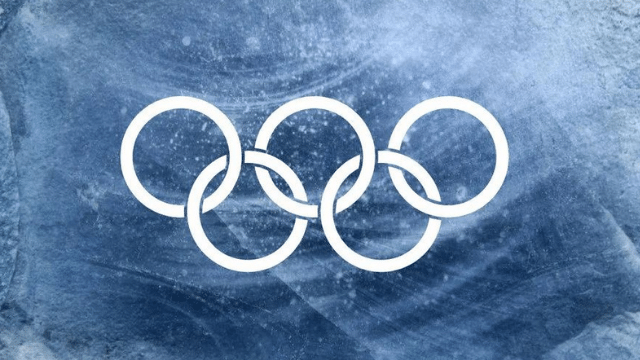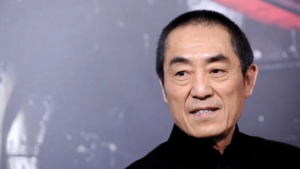Several Olympic sponsors are foregoing an Olympics-themed advertising campaign with less than 4 days until the Winter Olympics in Beijing.

In the months leading up to the Pyeongchang Winter Olympics, Visa Inc. V -3.93 percent intensified its marketing efforts. It marked the start of Twitter’s 100-day countdown. The event’s wearable payment devices, as well as Team Visa athletes, were promoted.
When it comes to these Olympics, the long-standing Olympic sponsor has not used Twitter or issued any press releases. Visa has been mute on the matter.
The treatment of China’s mostly Muslim minority in Xinjiang has been labeled as genocide by US officials, Western legislators, and human rights organizations.
In Tokyo in 2020, Visa will air an advertising utilizing the official Olympic insignia.
As a reason, Beijing is vehemently opposed to any attempt to politicize the Olympics. It has steadily penalized corporations that it feels have probed into the problem through public criticism, legislation, and consumer boycotts.
Procter & Gamble Co. PG 0.38 percent advertised “Love over Bias” on Ellen DeGeneres’ talk show 100 days before the 2018 Winter Olympics in South Korea. KO -0.49 percent has recently begun airing television commercials featuring Olympians. One of them, Nathan Chen, was featured on a Times Square billboard. The United States has yet to disclose any major marketing activities for the Olympics in Beijing.
P&G declined to comment on their marketing plan for the Beijing Olympics in the United States. When pressed, P&G’s finance chief, Andre Schulten, stated that the corporation left the Olympic message to individual market leaders. “There is no such thing as a global brand strategy,” he said, adding that “every market is treated with care.” Consumers, as the cliche goes, are king in China.
According to a Coke representative, the corporation will only begin advertising in China this year. He refused to explain Coca-choice. Cola’s Cola’s
Sponsors aren’t the only ones that want to relax. Omega SA, the official timekeeper, will introduce a new watch for the Beijing Olympics this year. Because it sponsors Olympic sports, Omega avoids “some political complications.”
More than a dozen prominent Olympic sponsors have been rather quiet in their marketing efforts. According to current IOC estimates, large corporations and charitable organizations paid more over $1 billion to sponsor each of these Olympics.
Sponsors can then sell their products and services by using official Olympic trademarks such as the entwined rings. Despite its declaration that it respects the host country’s human rights frameworks, the IOC takes no position on them. Comité a has encouraged the IOC to “stay neutral on all global problems.”
Some of the same companies that were previously silent on human rights issues are now speaking out. Coca-Cola raised concern over the country’s human rights situation ahead of the World Cup soccer tournament later this year in Qatar. Human rights groups have accused Qatar of using migrant labour to build World Cup stadiums. Qatari officials have disputed allegations of poor working conditions in the country.
Cotton (R-Ark.) questioned Coca-Cola on why the business opposed disputed voting restrictions in Georgia last year but is mute on human rights problems in China ahead of the Olympics in Beijing. Coca-Cola did not react to the senator’s questions.
Coca-president Cola’s of human rights, Paul Lalli, noted that the company’s history of supporting voting rights in Georgia, where the majority of its employees live, demonstrates its dedication to human rights. Mr. Lalli went on to say that when it comes to the Olympics, “we don’t make decisions.” “We absolutely support the athletes.”



